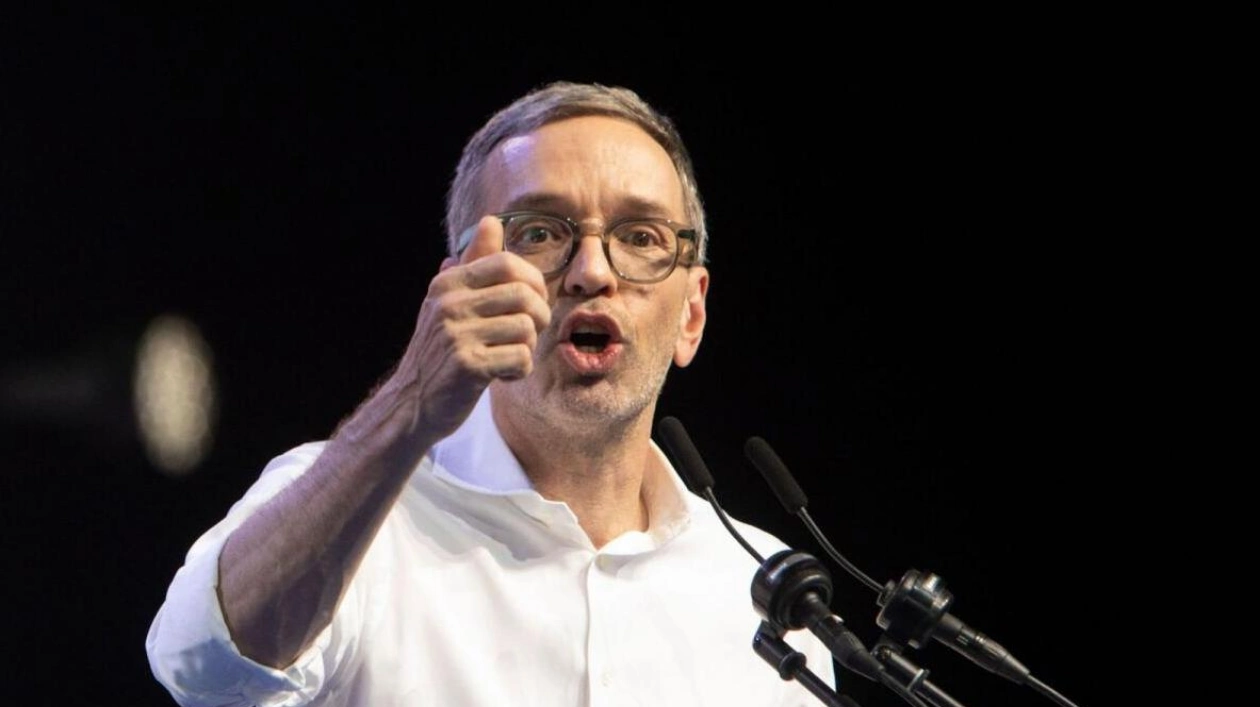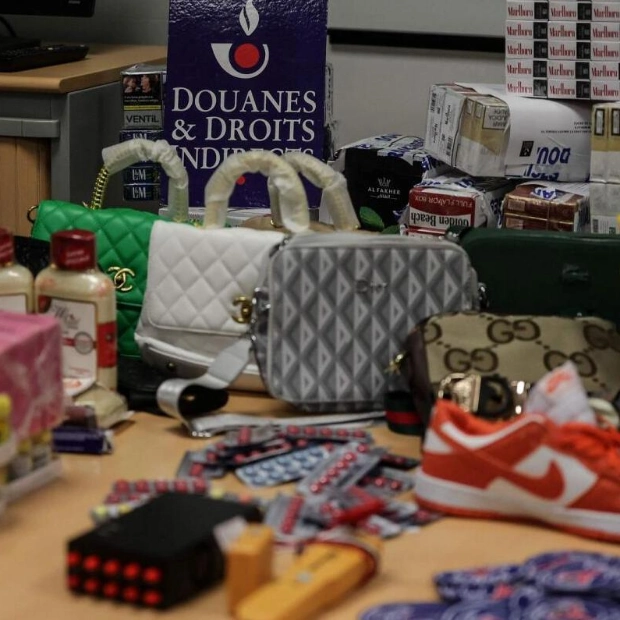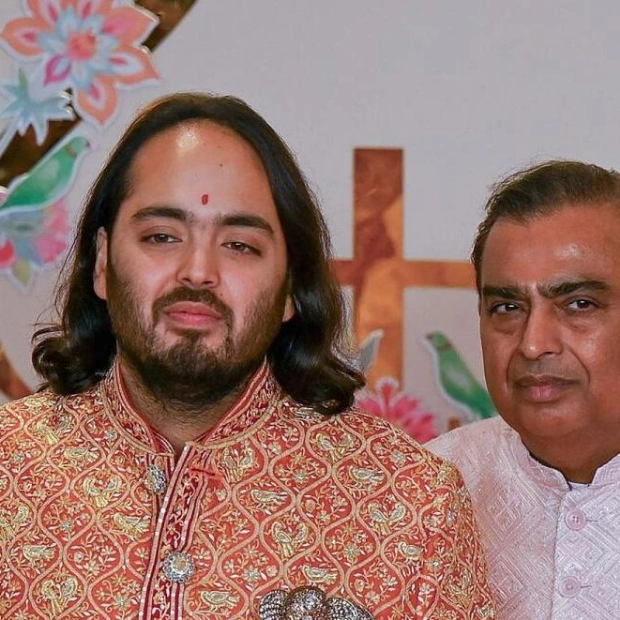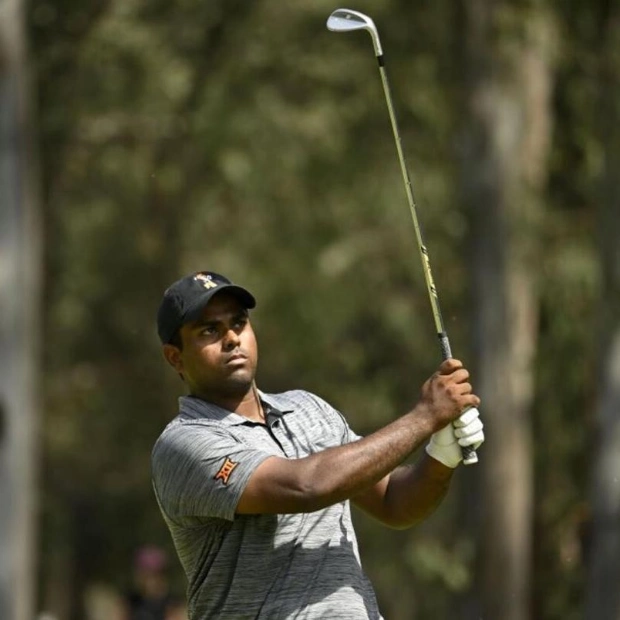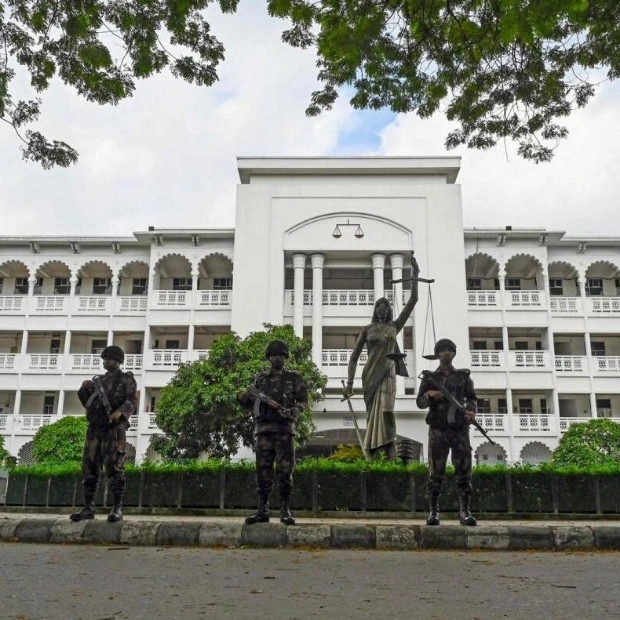Austria's far-right leader Herbert Kickl, known for his sharp tongue, has adeptly capitalized on voter concerns regarding migration, the Ukraine conflict, and the Covid pandemic. Unlike his predecessors Joerg Haider and Heinz-Christian Strache, Kickl has primarily built his career behind the scenes as the long-time ideologue of the Freedom Party (FPOe). Under the leadership of the 55-year-old marathon runner and climber, the party has swiftly regained lost ground following a series of corruption scandals and is poised to win the upcoming national elections.
Since assuming leadership in 2021, the FPOe has surged in polls to approximately 27 percent, a significant increase from 18 percent three years ago. Kickl has benefited from public discontent over rising inflation and the waning popularity of the ruling coalition of conservatives and Greens. On the Ukraine issue, he has criticized EU sanctions against Moscow and advocated for Austria's neutrality. In June's European elections, the FPOe topped the national poll for the first time, securing over a quarter of the vote.
A seasoned politician, Kickl studied philosophy, history, communication, and political science before joining the FPOe in 1995. Despite his low-profile private life, voters appreciate his tidy and trustworthy demeanor, contrasting with his flamboyant predecessors. However, his bland, unassuming public image belies his virulent rhetoric, which he skillfully uses against political opponents, often denouncing President Alexander Van der Bellen as a 'senile mummy'. Journalist Nina Horaczek, who analyzed Kickl's speeches in a recent book, described him as the 'rudest politician in the country', noting his tactics to discredit those with differing views.
Kickl has shunned debates and interviews, criticizing the media for their 'lack of objectivity' and relying instead on social media. The FPOe drew outrage last year with a video promoting an extremist conspiracy theory about white Europeans being replaced by migrants. The video also featured the Vienna balcony where Adolf Hitler addressed the nation after the Nazis annexed Austria in 1938. Kickl has frequently used terms reminiscent of the party's Nazi past, including referring to himself as the future 'Volkskanzler' — a term Hitler used in the 1930s. While he denies any Nazi connotations, his close ties to extremist groups are well-documented, including his support for the Identitarian Movement and the far-right concept of 'remigration'.
In 2018, as interior minister, Kickl oversaw a controversial raid on the country's secret service, seizing documents on FPOe's links to extremist circles. In April, prosecutors launched a corruption investigation against him, alleging misuse of public funds for favorable media coverage. Last year, Kickl appeared on posters in Carinthia, dressed in a green parka with military overtones, alongside the slogan: 'Fortress Austria — closing borders, guaranteeing security'. For the upcoming elections, he has switched to a suit but retained the slogan.
